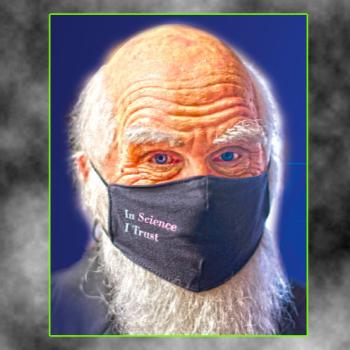
THERE has been widespread upset about the damage and desecration of memorials in the UK with a recent spate over the summer of 2020. It has long been considered that the law is not sufficiently robust in this area and the government intends strengthening the existing law by introducing the Police, Crime, Sentencing and Courts Bill 2021.
AS I understand the proposed legislation, the purpose is to enable courts to assess such damage without being restricted, as at present, by the monetary value of a damaged memorial or, I take it, the cost of repair, which may well be relatively minor. This seems to me entirely reasonable.
It is not dependent on the reputation, good or bad, of any person or persons commemorated. In some cases such reputation has changed with time; in others it has always been controversial.
Indeed some memorials are not of people at all but of significant events. What they all have in common is that they are someone’s property, either public or private, and it is reasonable that they should be protected from damage.

Labour MP Naseem “Naz” Shah, above, argues, as I understand it, that there should be legal provision to prevent adverse comment on one particular person, the Prophet Mohammed, on the ground that he is uniquely revered by Muslims, and such comment can cause them “emotional harm”. If a statue can be protected, she argues, so should a person who is so considered.
This analogy seems to me false. To begin with, I am not at all clear what is meant by “emotional harm” or how it could be caused by adverse comments, especially in adults. They might be caused annoyance or even distress, but that is not harm. In any case I don’t see that it could be equated with physical damage.
The more important question is whether legislation should restrict comment on, or criticism of, any particular person, on the ground that he (or she) is uniquely revered by a particular group of people. Personally I can see no justification for this. There are certainly other such revered persons, the most widely followed being of course Jesus Christ; how many more there may be, among the world’s some 4,000 extant religions, I do not know.
In passing, I recall that at the time of protests at the Danish cartoons which were said to mock Mohammed, an Anglican bishop remarked:
Jesus has been mocked for two thousand years. It doesn’t seem to have done him much harm.
He might have added, “or his followers.”
In 2008, after a long struggle, the mediaeval offence of blasphemy was finally removed from English law. Both History and Psychology, the disciplines in which I have some expertise, show clearly, to my mind, that freedom of speech, including freedom to criticise received views and revered individuals, is fundamental to human progress.
It is certainly fundamental to our British way of life and system of ethics. Research shows that it is a basic characteristic of those current societies that are rated most highly on many favourable dimensions.
General laws to prevent or restrict criticism of any particular individual can only be regarded as a seriously backward and dangerous step. I hope that any such laws will never be enacted.
• John Radford is Emeritus Professor of Psychology, University of East London.
Please report any typos/errors to [email protected]
If you’d like to buy me a cup of coffee – and boy, do I get through a LOT of coffee keeping this site active – please click the link below.
I’d love a cup of coffee











